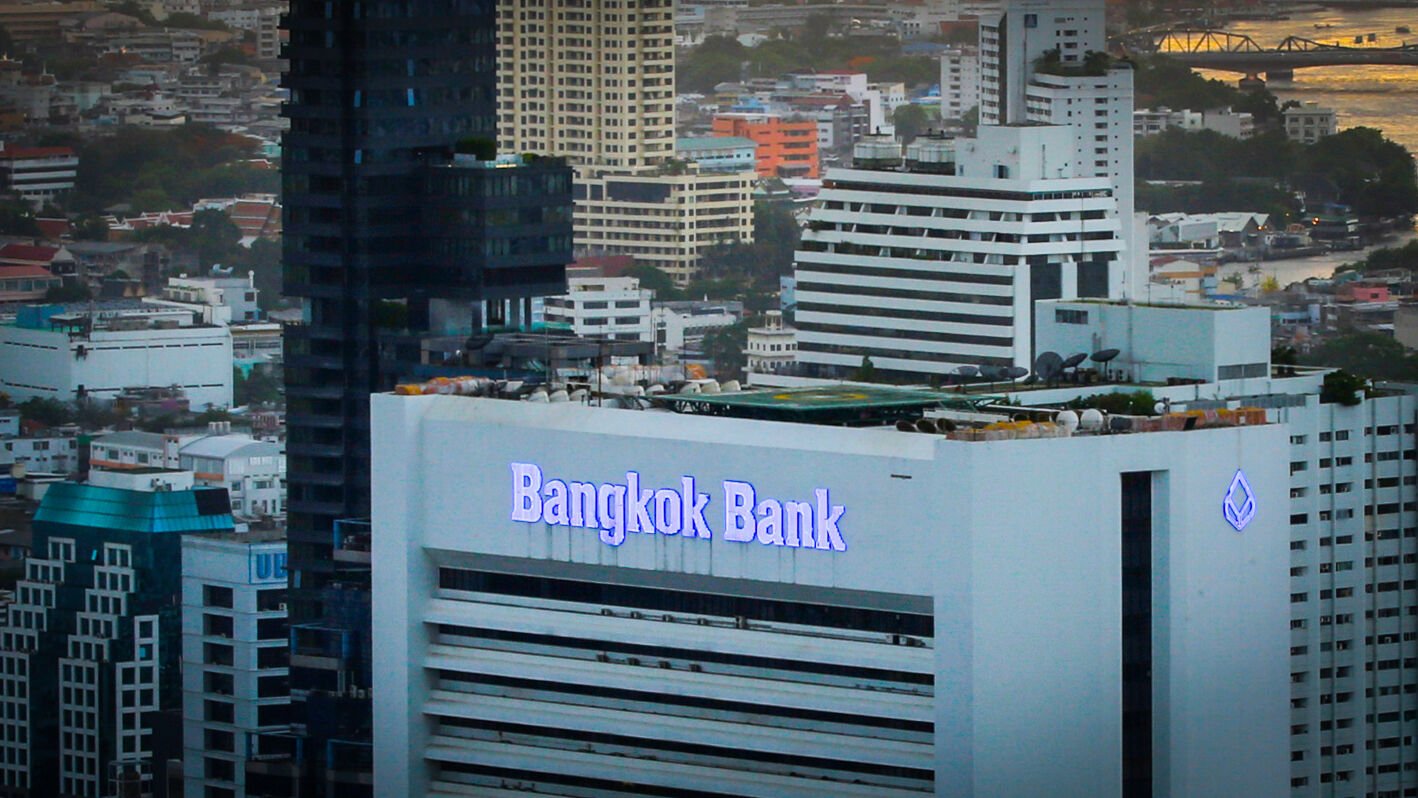Bangkok Bank’s virtual gamble: A licence to thrill in digital banking

In a bold move set to shake up the banking scene, Bangkok Bank (BBL) is betting big on bagging a coveted virtual bank licence, boasting the might of its powerhouse partners as a strategic edge. The bank is convinced that its dream team will help it emerge victorious in the bustling virtual banking battleground.
Kobsak Pootrakool, BBL’s senior executive vice-president, isn’t shy about sharing the secret sauce for virtual banking triumph: Cutting-edge core banking technology, a thriving ecosystem, and savvy risk management.
Lessons from global virtual banking giants have shown that, unlike their brick-and-mortar counterparts blowing budgets on core banking tech, virtual banks make data their bread and butter for business success.
BBL’s dream team includes five heavyweights: Sea Limited, VGI from BTS Group, Saha Group, Thailand Post, and Shopee, Thailand’s unrivalled e-commerce titan. This fab five plan to harness their sprawling customer kingdoms to craft a formidable banking ecosystem.
As Thailand’s undisputed asset champion, BBL joins forces with Singapore-based Sea Limited, the brains behind Shopee, offering an arsenal of digital financial services through SeaMoney. From mobile wallets and credit to insurtech, their influence stretches across Southeast Asia, Taiwan, and Brazil, flying under banners like ShopeePay, SPayLater, and SeaBank.
With 79 years of home turf dominance and 70 years of globetrotting under its belt, BBL prides itself on its robust operational chops, standing firm in nine out of the ten ASEAN member states, with Brunei the sole exception.
Armed with such impressive firepower, Kobsak expresses bullish hopes.
“With these strengths, we are optimistic about securing a virtual bank licence, meeting local customer needs, and driving sustainable, long-term growth.”
On the financial front, BBL’s fourth-quarter prospects shine bright, following a colossal net profit of 12.4 billion baht in Q3, a 9.93% leap from last year. Although Thailand’s GDP growth is pegged at a sluggish crawl of below 3% this year, brighter days are forecast by 2025. BBL projects the country’s economic surge to hit a healthy 3% by then, with loan growth anticipated at 3-4%, reported Bangkok Post.
The green future is where BBL sets its sights, championing clean energy initiatives across ASEAN. This crusade is expected to fuel the appetite for green loans over the next five years, with new renewable energy ventures and regional expansions poised to turbocharge loan growth, harmonising with ASEAN’s economic march forward, said Kobsak.
“As a regional bank, BBL’s loan growth is expected to benefit from new renewable energy investments and the regional expansion of both local corporations and international clients, aligning with ASEAN’s economic growth trajectory.”
Frequently Asked Questions
Here are some common questions asked about this news.
How can virtual banks transform Thailand’s financial landscape?
Virtual banks could enhance financial inclusion and innovation by leveraging data analytics and digital ecosystems, offering tailored services to underbanked populations.
Why is data considered a central component of virtual banks’ success?
Data drives personalised customer experiences, risk management, and efficient operations, pivotal in creating competitive advantages for virtual banks.
What if BBL’s consortium fails to secure a virtual bank licence?
It may slow their digital transformation efforts, but existing partnerships and technological investments could still drive incremental advancements.
How might BBL’s focus on green finance impact ASEAN’s economy?
By funding renewable energy projects, BBL could accelerate sustainable development, supporting economic growth and environmental goals across the ASEAN region.
Why is a robust ecosystem crucial for virtual banking success?
A robust ecosystem enables seamless customer experiences, integrates diverse services, and fosters innovation through collaboration with varied industry partners.
Latest Thailand News
Follow The Thaiger on Google News:


























